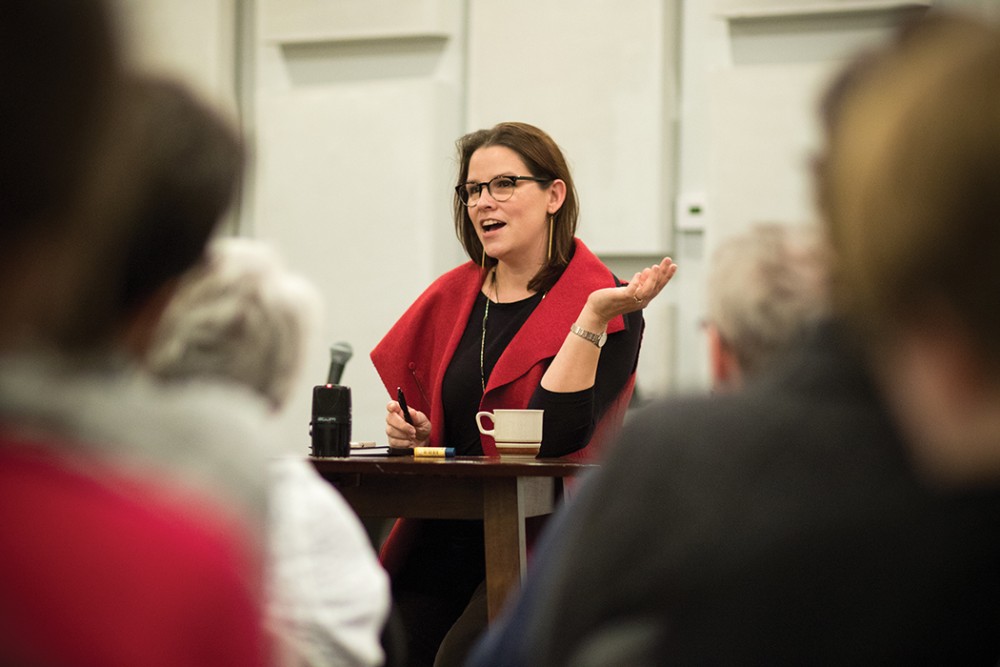How to be a purple church in a red state
When you embrace criticism instead of avoiding it, you get lots of chances to love your enemy.

Northwest Arkansas is probably not a place you imagine as a hotbed of church innovation and progressive Christian theology and practice. And you’ve probably never heard of Vintage Fellowship in Fayetteville. The same goes for Morgantown, Kentucky, and Morgantown Community Church. But at both Vintage and MCC something quietly remarkable and promising is going on.
“Demographically and statistically, we should not exist,” said MCC pastor Josh Scott. “We’re a deep purple dot in a deeply red state.”
Morgantown Community Church started as a seeker-sensitive congregation, drawing on the church growth movement of the 1990s. Since Scott became pastor there 12 years ago, his own faith has gone through what he calls an “intensive deconstruction process.” It’s led him to different conclusions about what the Bible is, what it means to be part of a Christian community, and how Christians should engage the world. His church has joined him on that journey.




